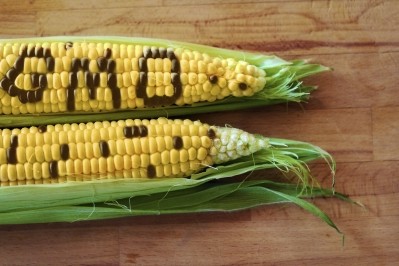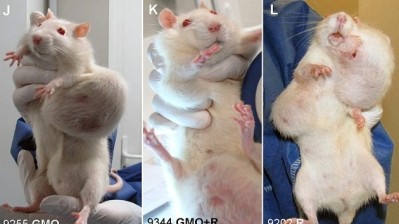Hundreds of scientists urge Séralini to release full GM maize study data

They join research bodies around the world in calling on Séralini and his colleagues at the Committee for Research and Independent Information on Genetic Engineering (CRIIGEN) to release the details of the study, including the European Food Safety Authority (EFSA) and Food Standards Australia and New Zealand (FSANZ).
Séralini has yet to respond to these requests.
Among the petitioners is Dr Klaus Ammann, plant systems professor of the Swiss government’s Biosafety Committee and professor at the University of Bern.
"The serious demands by Séralini that regulatory bodies and the public make decisions about how food is grown based on his report require that he be transparent about the means and measures by which he has drawn conclusions," he said. "Anything less than the normal, full disclosures of data, leaves us all victims of political manipulation and highly theatrical propaganda – this is not science."
Séralini was unavailable to speak with FoodNavigator today. However, a spokesperson at CRIIGEN said that although EFSA had made information publically available on its assessment of NK603 maize, the safety body had not yet released safety data on Monsanto’s Roundup pesticide, citing the need to protect the company’s proprietary information.
She acknowledged that EFSA was likely to provide this data, but could not say whether Séralini intended to provide the safety authority with his full study details.
If the data is not forthcoming, petitioners have called on the Journal of Food and Chemical Toxicology to retract the study. The journal has released a statement saying that it will publish letters criticising the study and a response from Séralini in an upcoming edition. It added that separately, the journal’s editors and publishers will consider these criticisms.
EFSA, the German Federal Office of Consumer Protection and Food Safety (BVL) and the Federal Institute for Risk Assessment (BfR) have all concluded that there were shortcomings in the Séralini study design meaning that he was not justified in his conclusions.
More information on EFSA’s initial review of the Séralini et al study is available online here, and includes a link to its original scientific opinion.
The scientists’ petition, including a full list of signatories, is available here.
Séralini’s study, as published in Food and Chemical Toxicology,is available online here.

























